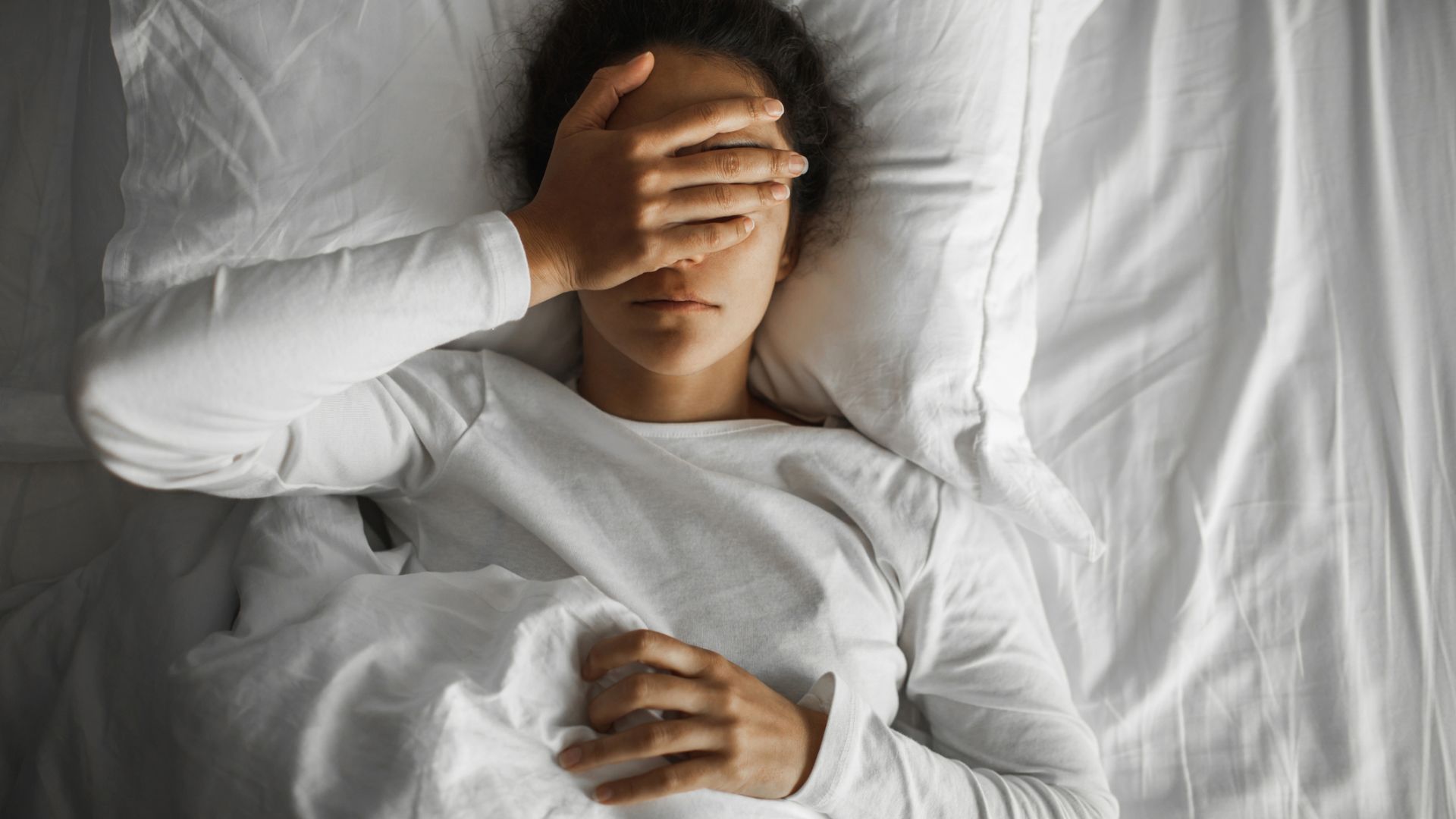Living with migraines isn’t easy. In addition to episodes of debilitating symptoms, there is the uncertainty of not knowing when a migraine attack will occur, whether you encountered a migraine trigger without realizing it, whether a migraine attack will ruin the weekend plans you’ve been looking forward to for months.
There’s the feeling of falling behind or constantly needing to catch up, after a migraine attack creates a setback at work, or taking care of things around the home, or maintaining relationships with friends, family, and significant others.
There are also the feelings of shame, judgement, and embarrassment that you may feel as a result of having recurring migraine attacks—in other words, the way that having migraines shapes the way the people in your life look at you.
Stigma is common
Stigma refers to the negative attitudes and discriminations people experience because of a particular characteristic or circumstance. It’s that feeling of being singled out and judged.
People experience stigma for many different reasons—a person’s physical appearance, where they live, and employment status are some examples. And people are frequently stigmatized because of health conditions.
Research shows that stigma is a common experience among people with migraines. Peers may view a person as weak, feel that they are overreacting, or in some cases, feel that they are faking their symptoms to get out of a social obligation or take time away from work. Some people with migraines even report that healthcare providers are dismissive of their symptoms.
Some research suggests stigma is a more frequent experience among people who have chronic migraine. People with chronic migraine experience frequent headache days—15 or more a month.
Contributing to this stigma is an overly casual use of the word migraine, which is too-often used to describe other types of headaches. Nearly everyone has experienced a headache at some point, but only about 12 percent of the population experiences migraines.
Coping with stigma
If you are living with a health condition—whether migraines or something else—stigma is something you should learn to identify. And something you should learn how to address.
Addressing stigma does not necessarily mean confronting the person who is the source of stigma (though it might in some cases). It means finding ways to overcome the impact that stigma has had on your life and minimizing the impact it has in the future.
Here are a few strategies that will hopefully help.
- Work with a healthcare provider. There is no cure for migraines and the condition will not resolve on its own. The best thing you can do is work with a healthcare provider. For many people with migraines, treatment begins with a primary care provider, but migraines are often treated by a neurologist that specializes in headache disorders.
- Determine what you need. Migraines and stigma are a different experience for everyone. Take time to define and document your experience. Coming up with the right treatment plan for migraines is all about identifying what you need and finding strategies to meet those needs.
- Learn about migraines. One of the worst parts about stigma is that it can make you start to doubt yourself—Are my migraines really that bad? Am I overreacting? These feelings will not help you manage migraines or improve your quality of life. Understanding the seriousness of migraines is important. It also equips you to talk to people about the condition and possibly spread awareness.
- Connect with others. Living with migraines can be isolating, and it’s important to stay connected with friends and family. You may also consider connecting with other people who have migraines, either online or by joining a local support group if one is available. The only people who truly know what it’s like to live with migraines are other people who have migraines.
- Work with a mental health professional. Though adding more healthcare appointments to your schedule may seem like the last thing you want to do, consider working with a therapist or counselor. This can provide you with new strategies for dealing with stigma.
When you have migraines, it can feel like migraines are in control of your life. Remember to take a break every now and again, and schedule time for yourself, doing something where you don’t have to think about migraines or the stigma associated with migraines.




